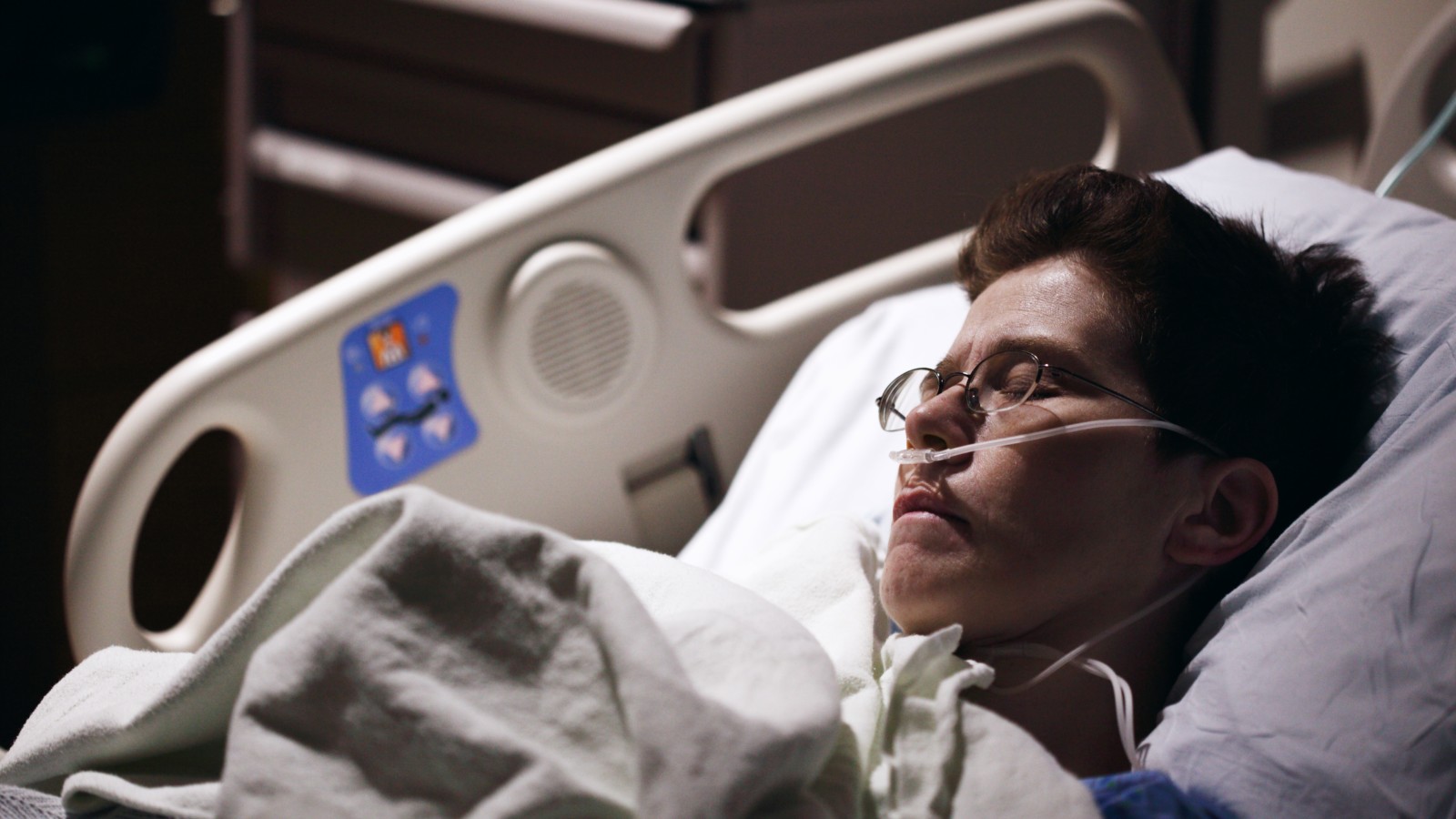Jonathan Frostick suffered a heart attack, but instead of seeing his life flash before his eyes, the HSBC regulatory program manager in the United Kingdom said one of his first thoughts was, “I needed to meet with my manager tomorrow, this isn’t convenient.” Fox News anchor Chris Wallace said in the final days of his hard-driving 60 Minutes father, Mike Wallace, who died in 2012, “This is a man for whom work always came first. Now he can’t even remember it.”
At age 35, Nell told me she smuggled memos and contracts into her dying father’s hospital room. “It was the only way I could be with him,” she said, fighting back tears. “The only time he’d pay attention to me was around the subject of his work.” Nell’s father died working, a pen in his hand. Now, she lives with the guilt of hastening his death. As I wrote in Chained To The Desk, when work dwarfs everything else, it leads to heartbreak and tragedy.
Is It Really Worth It?
In the past, overdoing it, workaholism and burnout were badges of honor. Corporate climbers considered it a noble cause to sacrifice their lives for their careers. But not anymore. Too many workers have fallen on the sacrificial sword and begun to realize it’s not worth it. From his hospital bed, Jonathan Frostick recently posted on LinkedIn what near death taught him about work/life balance and six changes he vowed to make:
So I had a heart attack . . .
This is not how I planned my Sunday. It was pretty standard up to 4 p.m. Morning coffee, a trip to the local country park, a shopping trip and late lunch.
I sat down at my desk at 4 p.m. to prep for this weeks work. And then I couldn’t really breathe. My chest felt constrained, I had what I can only describe as surges in my left arm, my neck, my ears were popping.
I didn’t get a flash of light, my life raced through my mind. Instead I had:
- F—- I needed to meet with my manager tomorrow, this isn’t convenient.
- How do I secure the funding for X (work stuff)?
- S—-, I haven’t updated my will.
- I hope my wife doesn’t find me dead.
I got to the bedroom so I could lie down, and got the attention of my wife who phoned 999.
I’ve since made the following decisions whilst I’ve laid here, on the basis I don’t die:
- I’m not spending all day on Zoom anymore.
- I’m restructuring my approach to work.
- I’m really not going to be putting up with any s#%t at work ever again—life literally is too short.
- I’m losing 15 kg (approximately 35 lbs.).
- I want every day to count for something at work else I’m changing my role.
- I want to spend more time with my family.
And that, so far, is what near death has taught me.
What About You?
Most of us who grew up in the Western world were taught the adage, “An idle mind is the devil’s workshop.” We learned that doing is more valued than being and the more we do, the greater our worth. Many corporate climbers still believe the myth that work stress and burnout are prerequisites to get ahead in their careers. But the science shows that work stress truncates our career trajectory and this dinosaur belief no longer holds water. If we’re in the habit of sacrificing our well-being to meet work demands, we can’t be the best version of ourselves. Self-care prepares us to give more to our jobs. When we put ourselves first, there’s more of us to go around.
Science has shown us that, in fact, idle moments are good medicine for the mind and body and actually boost work performance, productivity and career success. We can still work hard, be kind and compassionate to ourselves, keep a positive attitude and maintain life balance. Employers are focused on ensuring workplaces—physical and remote—are equipped to support employee health and well-being as they plan their return to the post-pandemic office. But it’s incumbent upon each of us in the workforce to do our individual part to take care of ourselves and maintain work/life balance.
What about you? Ask yourself if there are changes you want to make in your life so unhealthy work habits don’t take you to the brink of death. Tomorrow offers no guarantees, and our plans don’t always work out the way we expect. May one man’s personal experience with near death teach us to find a place in our lives where career success and personal and intimate fulfillment reside side by side—where we can know more about special times without imperatives with idle moments when there’s nothing to rush to, fix or accomplish. And where we can give ourselves the gift of being present in each moment.
Mental Health America (MHA), declared May as Mental Health Awareness Month, an observance in the United States since 1949. This month marks an important time for the American work force to consider how work habits and mental health go hand-in-hand. Nearly half of U.S. workers have experienced mental health issues since Covid-19 began, and a FlexJobs survey reported 56% of employees experienced burnout during the pandemic. As more organizations eschew the collective delusion of self-sacrifice and jump on the wellness bandwagon and more workers do their part to bring a healthy mind, body and spirit to the workplace, the potential for a sustainable career trajectory and the company’s bottom line are guaranteed.


